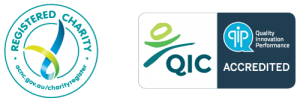
Name
David Pointon (left) and Ben Hughes (right)
Job title
Co-Founders, and Head Chef (David) and Front of House (Ben) – seriously!
Organisation
What are you/your organisation currently focusing on in terms of workplace health and wellbeing?
We’re just beginning to offer corporate webinars, speaking and workshops about men’s mental health. Through this we’re sharing with men, and women, in workplaces about the health benefits of men showing emotions and sharing feelings, and being part of a community where men can practice being open and vulnerable.
There’s a men’s revolution on the move; it’s time we freed men from outdated masculine norms and we’re excited to be part of catalysing that through workplace wellbeing programs.
We’ve also just published our Model of Care, commissioned by the National Mental Health Commission. It outlines the evidence of the problems we’re addressing for men, and the impacts of our Table program. We’re keen to work with corporate partners who are seeking evidence based programs to partner with.
What aspect of workplace health and wellbeing does your organisation do well in?
We practice at work what we promote for men at Men’s Tables; sharing openly about feelings. We start each day with a check in on how we’re doing in our lives.
And we have plenty of man hugs.
What’s your biggest challenge working in workplace health and wellbeing?
Activating men to take action to help themselves!
Whilst there’s a quiet revolution beginning, many men are slow to recognise the health benefits of sharing feelings and being part of a community of men where they can practice new versions of masculinity. We’re continually exploring ways of communicating with them about this.
How does WayAhead Workplaces add value to your organisation’s health and wellbeing program?
When we started growing beyond the founding Table in 2019, we didn’t even know there was a corporate wellbeing sector. Thanks to the encouragement of the WayAhead Workplaces team, we attended our first meeting and joined immediately. We’ve really enjoyed building relationships with members and learning how we can support corporate wellbeing programs.
How do you deal with stress?
Ben: I’ve recently rediscovered yoga, a cheeky chaturanga helps me to declutter and refocus my brain, and loosen my joints for more exercise. I also enjoy a good conversation with my cats.
David: I’ve had a daily meditation practice for many years now. It’s a real bedrock of my mental health and as a result I’m noticing more subtle early signs of stress or anxiousness that may arise.
What are the key issues and considerations for people in workplace health and wellbeing roles?
There seems to be huge opportunities and needs but often limited budgets to roll out programs. And a speech at WayAhead Workplaces really nailed it; if senior people pay lipservice to programs but are not fully embodied in the cultural and leadership aspects, there’s an incongruence that makes it harder for programs to stick.
How do you switch off from work?
Ben: Yoga, walking along the coastal path, listening to audio books. Conversations with my cats.
David: Walks in the nearby bush. I like to build stuff with my hands and this absorbs me completely. I’m currently renovating a 130 year old chair.
What is your best time-saving tip?
Ben: The Pomodoro Technique, it helps me focus my ADHD brain.
David: Zen teaching is about being fully here and now. When we are focussed solely on the action we’re in, we get it done well, and completely, which then frees up energy and time to move on to the next thing.
What do you think the future of work health and wellness programs look like?
We hope that amongst the necessary balancing of the agenda for women, there can also be discrete programs offered for men.
Whilst the patriarchy has disadvantaged women for a long long time, most men have also been disadvantaged through unhelpful masculine norms, and so it’s time we offered men opportunities to explore and learn new ways of expressing their true, heart-based and emotional nature.


